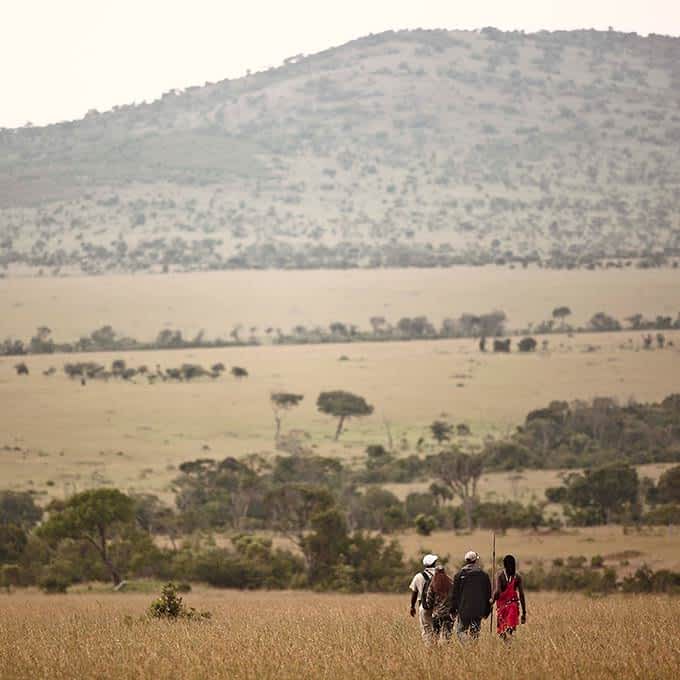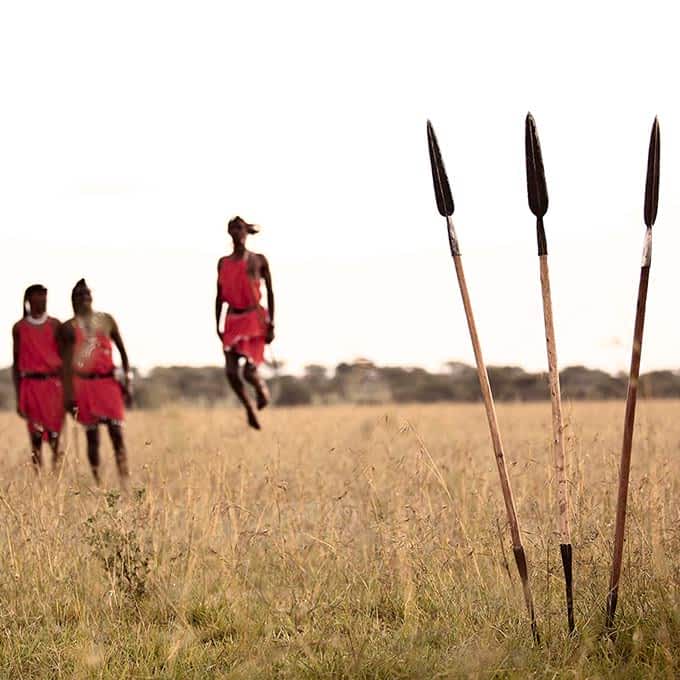Traditions and customs lead in preserving Africa’s biodiversity
Brazzaville. Indigenous women living in forest communities in Africa said that traditions and customs are the main way they use to conserve biodiversity that exists in the forests around them.
They said one of the traditions is that a woman is not allowed to eat every meat found in the forests and also to enter without permission from the ancestors as they are the main guardians of those areas, a situation that contributed to the presence of many flora and fauna.
They have mentioned another tradition is the belief that animals are their relatives so are not allowed to harm when they pass through their areas, they also close rivers for a while and whoever went in during that time to fetch water or fishing will be punished by Gods.
They said this yesterday at the First Conference of Indigenous Women of Central Africa and the Congo Basin being held in Brazzaville, Republic of Congo organized by a non-profit organization known as REPALEAC in partnership with the Right Resources Initiative (RRI).
Mariam Gisero from the community that lives in the Mibango forest, Butiama, Mara region, Tanzania said they believe that the forest is protected by the spirits of their ancestors hence one is allowed to cut trees without permission from traditional leaders as it will anger the ancestors.
Members are not supposed to anger the ancestors and spirits that live in forests because when the spirits are angered could appear in different forms like snake, aunt, bird, bee, wind or draught.
“The respect and fear not to anger the ancestors and spirits, contribute to safeguarding natural resources in the community,” she said
Indigenou from the Ogiek community in Kenya, Teresa Chemosop, said in her community they are not allowed to kill elephants because it is believed that they are their blood relatives.
She also said that any person who is found to kill them will be cursed by the clan which makes him go crazy or get lost in the village and never return.
“We elephants are our blood brothers, whoever is found to have killed an elephant, he is taken to the council and warned, and he swears that he will not do it again, and if he does it again, he is cursed by the clan,” he said.
The leader of the indigenous communities from the village of Bananing in the DRC, Kabile Angel, said that in her village women are not allowed to eat leopard meat and tabanga because it is believed that it is dishonoring the tradition and they will be harmed including getting sick.
She also said not every woman is allowed to get medicine, but only those who are experts on how to pick the medicine, and that is done to avoid damage to the trees that produce the medicine.
“There is a special way to pick medicines, because there are trees that die if you cut them wrongly, so there are people who are experts and know the medicines well, they are the ones who go to pick them, anyone who goes against these conditions will be punished,” she said.
Ndumeimana Gracia from Burundi, said that in her community they always close the river for a while, and during that time no woman is allowed to fetch water or catch fish, whoever goes against it, will be punished by ancestors.
Director of Global Strategy at Christensen Fund, Casey Box, which supports Indigenous peoples in advancing their inherent rights, dignity, and self-determination, said traditions and customs seem to be the best way for indigenous to conserve biodiversity.
He said that with the experience he had of working with the natives of communities surrounded by forests for 10 years, he has discovered that despite the great efforts made by the natives to preserve biodiversity, they have insecurity after the emergence of the government’s tendency to remove them from their areas.
“I think there is no need to remove these natives, the government should sit down with them to see the best way they can do so that they can continue to exist without affecting conservation activities. This is possible because we have seen some areas where communities live with wildlife without any problem,” he said.
RRI Coordinator, Solange Bandiaky-Badji, advised the government to cooperate with those communities so that they continue to conserve biodiversity through their faith so that the whole community including the nation can benefit from its presence.
“Our organization has been helping indigenous women in communities surrounded by forests because we understand the power they have in preserving them, the goal is to ensure that they continue to use their traditions to protect and preserve these important resources,” she said.




buy tiktok ads https://tiktok-ads-agency-account.org